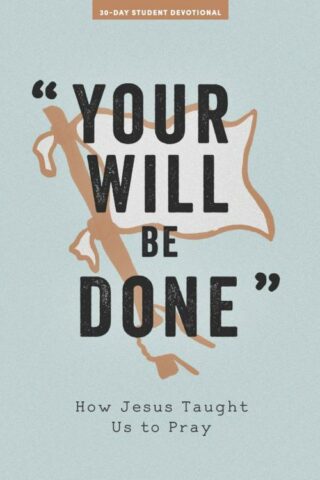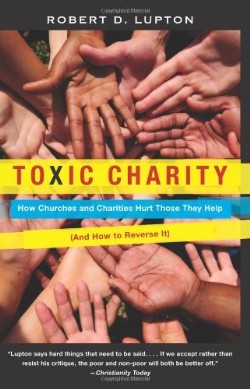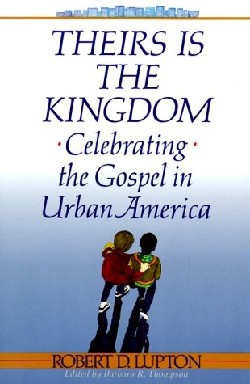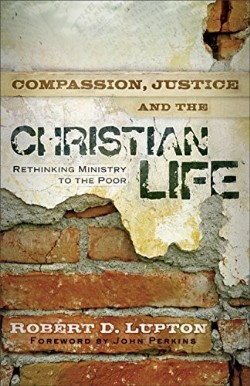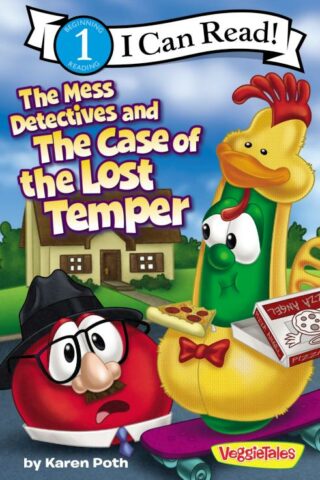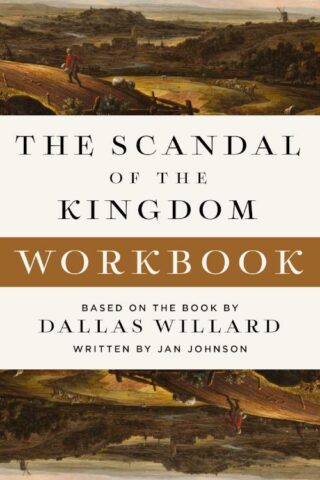Robert Lupton
Showing all 3 resultsSorted by latest
-
Toxic Charity : How Churches And Charities Hurt Those The Help And How To R
$16.99Veteran urban activist Robert Lupton reveals the shockingly toxic effects that modern charity has upon the very people meant to benefit from it. Toxic Charity provides proven new models for charitable groups who want to help-not sabotage-those whom they desire to serve. Lupton, the founder of FCS Urban Ministries (Focused Community Strategies) in Atlanta, the voice of the Urban Perspectives newsletter, and the author of Compassion, Justice and the Christian Life, has been at the forefront of urban ministry activism for forty years. Now, in the vein of Jeffrey Sachs’s The End of Poverty, Richard Stearns’s The Hole in Our Gospel, and Gregory Boyle’s Tattoos on the Heart, his groundbreaking Toxic Charity shows us how to start serving needy and impoverished members of our communities in a way that will lead to lasting, real-world change.
Add to cartin stock within 3-5 days of online purchase
-
Compassion Justice And The Christian Life (Reprinted)
$16.00The urban landscape is changing and, as a result, urban ministries are at a crossroads. If the Church is to be an effective agent of compassion and justice, Robert Lupton notes, we must change our mission strategies. In this compelling book, Lupton asks the tough questions about service providing and community building to help ministries enhance their effectiveness. What are the dilemmas that caring people encounter to faithfully carry out the teachings of Scripture and become personally involved with “the least of these?” What are some possible alternatives to the ways we have traditionally attempted to care for the poor? How do people, programs, and neighborhoods move towards reciprocal, interdependent relationships? To effect these types of changes will require new skill sets and resources, but the possibilities for good are great.
Add to cartin stock within 3-5 days of online purchase

